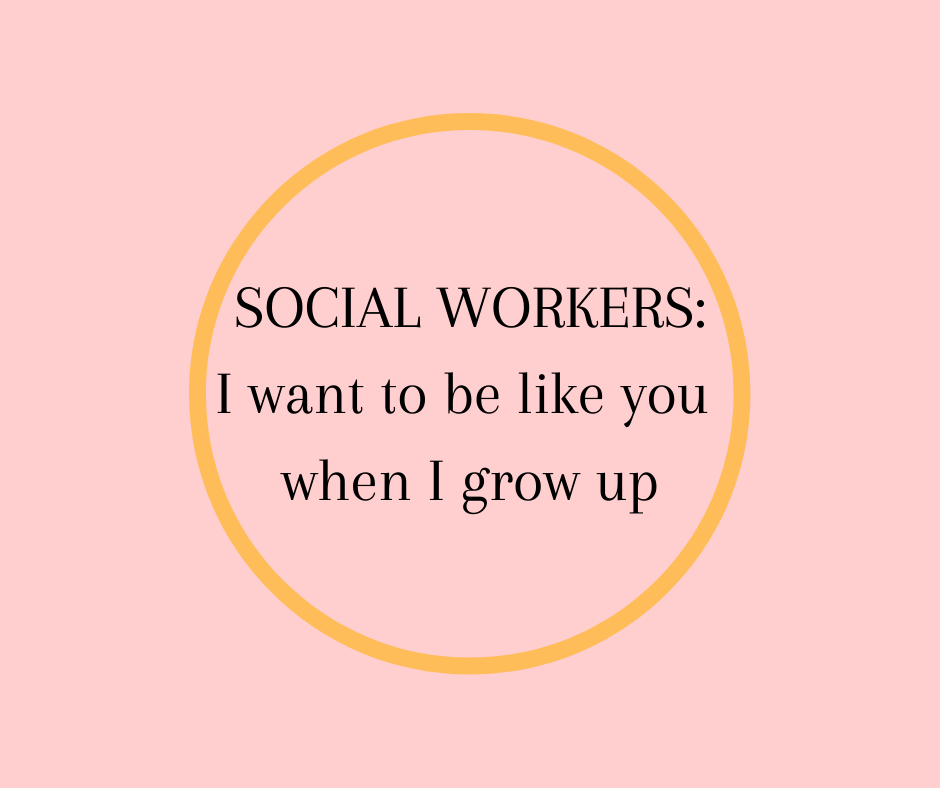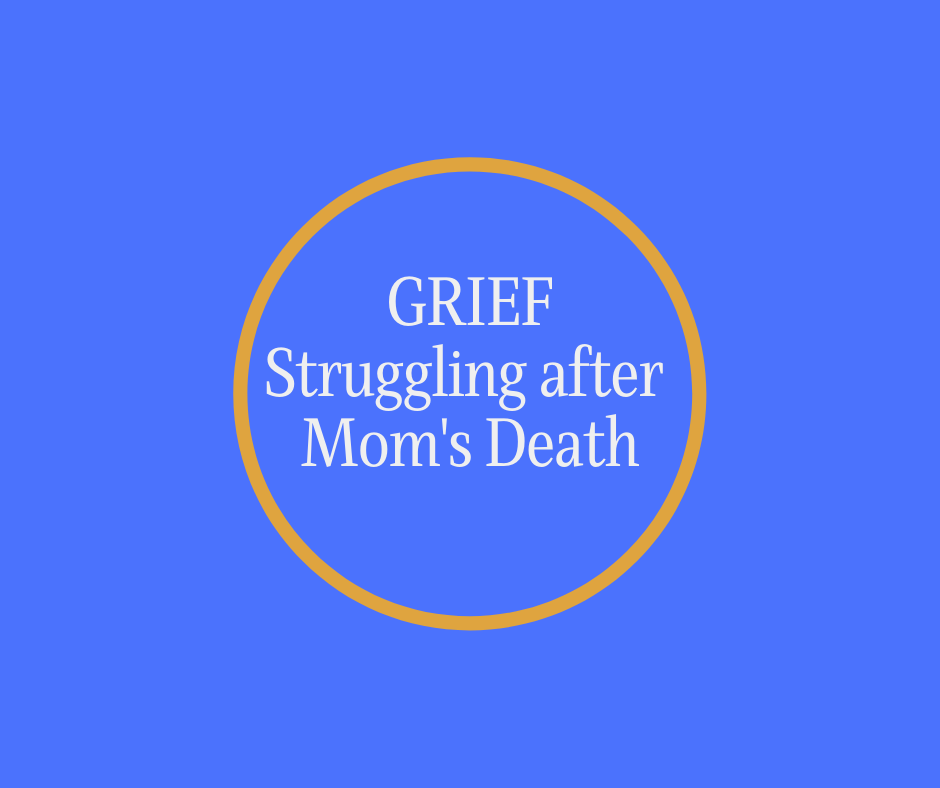Dear Barbara, I am a hospice nurse, not a nurse who works in hospice. I decided to share this with you after reading your blog on Integrity. Perhaps you or your readers can help me find some closure on my questions. This case still gnaws in the back of my mind.
Tonight I taught a coworker how to setup and administer subcutaneous hydration to a patient who is actively dying at home. The procedure went well with no complications and the family was very appreciative. We, the hospice team, have been working diligently with the family to teach them how to keep disease symptoms under control, disease progression, etc., as well as hospice philosophy which includes quality of life vs. quantity of time.
After leaving the home I spoke with the Case Manager and gave her report. During our conversation I learned that our Medical Director ordered the hydration after a lengthy phone call with the patient’s niece who is also a doctor. The niece wanted hydration for her dying relative who has been experiencing disease related nausea and vomiting and was not eating or drinking. Routine Zofran was in place at home but was not being administered as directed. Our Medical Director tried explaining to the niece that the organ systems are shutting down, hydration can cause more discomfort, fluid overload, and so on and so forth. The niece would and/or could not be swayed from her beliefs. It was either hydration in the home or in hospital.
During report and the rest of my drive home I felt myself getting angrier and angrier. At first my anger was directed at the family. Why didn’t they get it; why are they being so stubborn? Then I realized I wasn’t really angry at them at all. They were doing what they felt was best for their loved one. They were trying to have a sense of control in an uncontrollable situation.
What I was really angry about was that the order for subcutaneous fluids was given with no consideration for the employees who have to deal hands on, face to face, with that decision. By agreeing to go out there tonight I went against what I believe morally and philosophically as a hospice nurse. I am now guilty of assisting in the prolonging of this person’s misery and suffering. Doesn’t this go against the creed: To Do No Harm?
The order for hydration, even for two days, affects everyone who deals directly or indirectly with the patient and the family. We are guilty, directly or by association, for not questioning or calling out those who are making decisions and giving orders that go against the very moral essence and philosophy of hospice care. Especially when the decision is to keep a patient from revoking and going to hospital.
How far can the integrity, morals and philosophy of proper hospice care be bent or twisted before it breaks? At what point do we stand up and say “No. I will not be a part of perpetuating continued suffering”? When do we put the virtues and values of hospice above and before the financial bottom line?
Sadly, I have no answers for the questions above. My personal integrity was wounded tonight for not recognizing the inherent paradox when I was asked to help a coworker. Wounds heal and the scar that remains will be a constant reminder To Do No Harm.
Your letter presents a "conflict of interest" (end of life comfort vs. traditional medical care) situation that I think is being played out daily throughout this country and I am saddened by it. To your statement, "do no harm" from the Hippocratic oath: that concept seems to have become lost. The medical profession does a lot of harm all the time. I won't go into examples, they would fill too many pages.
At first, as I read your letter I thought you were conflicted because of the decision, by the family and subsequently the agency, to give fluids. I agree that fluids at this time in the patient’s dying process is not a comfort measure. In fact it is a discomfort and not in the patient’s best interest. Upon reading further you seem to have come to terms with the family’s decision but are upset that you had to do something that goes against your beliefs. Both of your issues are extremely valid and important so I am going to address them both.
Giving fluids because the family wanted them: That tells me as hard as we try to educate people, sometimes they just don’t get it. Our job is to educate the family, and the decision makers, about the dying process. We even have to educate most physicians as they do not understand the dying process, how it happens and how best to deal with it. If our education fails it is still our job to support the family during the dying experience--even when we consider their choice of care the wrong choice.
It appears the choice came down to home fluids or hospital fluids. As a Hospice administrator I would have told the family that giving fluids was not part of our protocol and policy. I would have offered the family one of two options: keep the patient at home (rather than move her at this critical time to a hospital) and give the fluids, but explain that they would not be financially covered by the hospice. Fluids were not part of this patient's medical disease requirements. If private pay for the fluids is not acceptable to the family then they would need to revoke the benefit, "as sad as that makes us at hospice that is what we must do." The family could then move her to the hospital or hire a home health agency to come in and administer the fluids with payment from a different payer source than the Hospice Medicare benefit.
As difficult as it is to accept a family’s choice of care, especially if it seems to us to go against what is best for the patient, we must remember we work for them. We educate, offer ideas, and suggestions. The challenge for us once a decision is made is to help them live and die with the choices they’ve made.
Defending the hospice philosophy: When hospice began it was outside of the medical model. It provided end of life care based on quality, not quantity, of life. It recognized when physical healing couldn't be accomplished there was emotional, mental, and spiritual healing to address. Over the years we learned how people die naturally and how to care for them. End of life care was an area the medical profession had not focused on. The medical profession was and still is about treating diseases that people have. Hospice focuses on people, not diseases.
Hospitals and home healthcare agencies now offer hospice services. Hospice is not outside of the medical model anymore; it is part of it. That absorption unfortunately has tainted the hospice philosophy. The services hospice provides have been influenced by the medical model. Care has also changed by the sheer number of hospices competing in any given area. If one won't provide care that would be seen as outside of the appropriate hospice services, just call another and eventually you will find one that will bring the patient on service.
SO where does this leave you, the nurse, that wants to provide quality end of life care? Be the voice crying in the wilderness, be the conscience of hospice philosophy, speak out when you see a misrepresentation. Speak carefully, with politeness and with integrity. Your employer may listen, a seed may be planted, or you may be considered a troublemaker. Figure out how you can bring about change, change in your agency, and change in your community.
I think change begins with education. If we educate our families, the community and yes, the medical community (physicians, nurses, social workers) about proper, natural, end of life care then we will hold on to that philosophy which we are in danger of, if not losing, morphing into something less that it should be. A note of caution here: if you are not finding joy and satisfaction in your work (in spite of trying to bring about change) then it is time to find another job.
We, in end of life care, are reminded daily how precarious life is, how special it is. Find joy, peace of mind, and fulfillment daily. If you don’t find it in hospice then find it elsewhere.
Something more about... My Integrity Was Wounded Tonight...
My fellow nurses, you are on the front line of end of life care, and it is very challenging work. I thank you, along with hospice chaplains, social workers and volunteers for all that you do to educate and care for the dying. Please remember that You Need Care Too! I encourage you to watch Care For The Caregiver every six months or so with your team. Use the tools offered. Make yourself a priority.








16 comments